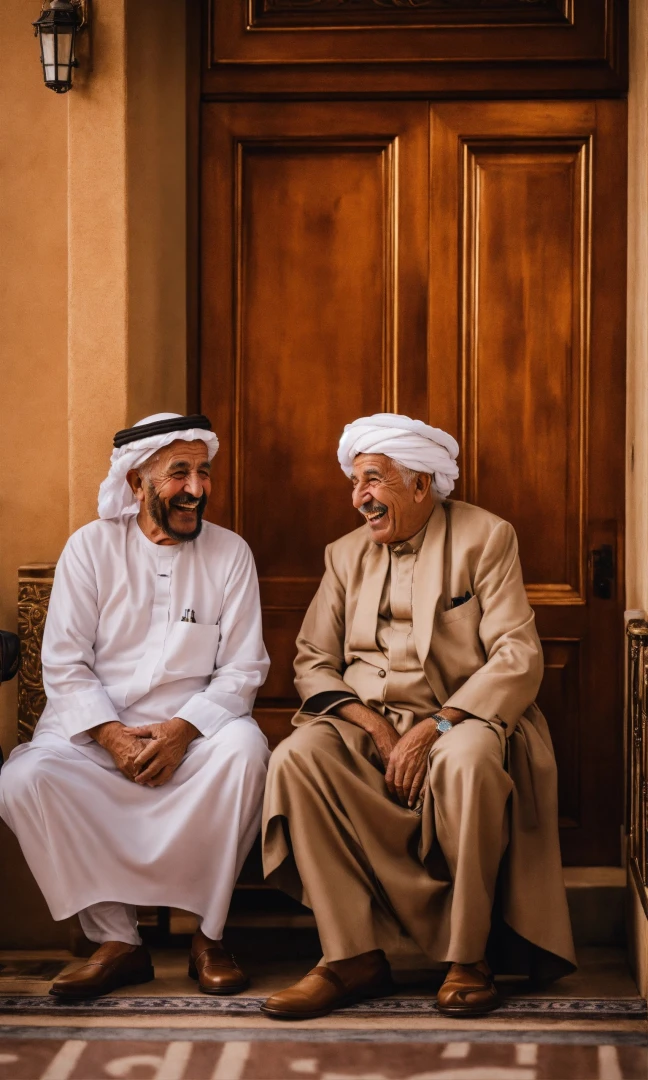Congratulations on your decision to start learning Arabic! Welcome aboard! But with countless resources and three distinct Arabic styles – formal, slang (colloquial), and classical – you might wonder where I begin?
This guide will help you decipher the captivating world of Arabic and choose the path that aligns with your goals.
Formal, Colloquial, and Classical
The Arabic language is a beautiful and intricate creation composed of three primary elements.
Formal Arabic (Modern Standard Arabic – MSA):
This is the official language across Arab nations, used in media, education, and formal settings. Think of it as the Arabic you’ll hear on the news or read in newspapers.
Colloquial Arabic:
This is the spoken Arabic used for everyday conversations. However, there’s a twist! Colloquial Arabic has numerous dialects, varying significantly across different regions. Imagine the difference between British and American English but with more regional variations. Here in Singapore, you might encounter individuals speaking Egyptian Arabic (due to widespread media influence and most of them obtaining higher education in Egypt) or Levantine Arabic (common amongst Syrian and Lebanese communities).
Classical Arabic:
This is the historical form of Arabic, which is no longer spoken in everyday life. However, it holds immense significance as the language of the Quran and many important works of Arabic literature. Understanding some Classical Arabic can enrich your appreciation of the language’s roots and religious texts.

Choosing Your Arabic Adventure: Unveiling Your Goals
Now that we’ve explored the different styles, the key to choosing the right Arabic lies in understanding your motivations for learning. Here are some questions to ponder:
- Do you dream of conversing with the locals during your next trip to Dubai? If so, mastering a colloquial dialect like Egyptian Arabic would be most beneficial.
- Are you fascinated by Arabic literature and poetry? Formal Arabic (MSA) is your gateway as it unlocks the treasures of classical and modern Arabic writings. While some modern works might use colloquialisms, MSA provides a strong foundation for understanding them.
- Is strengthening your religious understanding a priority? Classical Arabic is essential for comprehending the Quran and religious texts in their original form. However, having a basic understanding of MSA can also be helpful.
Embrace the Journey: Combining for Success
While focusing on one style initially is recommended, don’t be afraid to explore the other later. Here’s why:
- Formal Arabic (MSA) provides a strong foundation: Its standardized grammar and vocabulary are stepping stones for understanding any colloquial dialect and even Classical Arabic.
- Colloquial Arabic breathes life into the language: Learning a spoken dialect allows you to connect with native speakers on a deeper level and easily navigate everyday situations.
- Classical Arabic offers a window into the past: While not essential for everyday use, understanding some Classical Arabic can enrich your appreciation for the language’s history and religious significance.
Many language courses in Singapore offer a blend of both MSA and colloquial Arabic, catering to well-rounded learners.
So, Formal, Colloquial, or Classical? The Choice is Yours!
By understanding the unique purposes of formal, colloquial, and classical Arabic and aligning them with your learning goals, you’re well on your way to mastering this beautiful language.
Now, venture forth with confidence and let your Arabic adventure begin!





